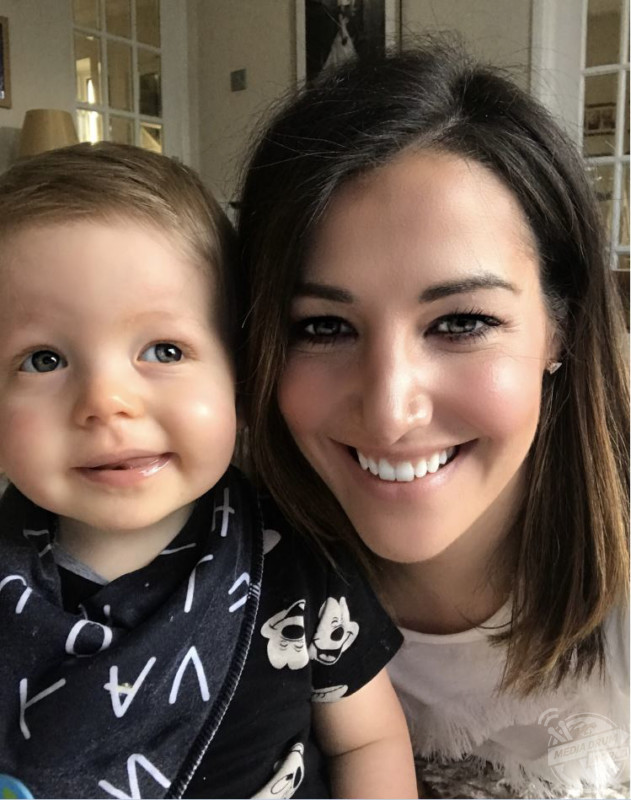By Liana Jacob
THIS MOTHER’S world crumbled when her son was diagnosed with a one-in-a-million disease which left him with a life expectancy of just 25-years, yet she has released inspirational images on social media and raised over £20K in a bid to beat the illness and extend his life.
Wedding co-ordinator, Fiona Walton (32), from Cheshire, UK, met the love of her life, Andy, in 2002 while in sixth form and they married in 2010 and decided to try for a baby.
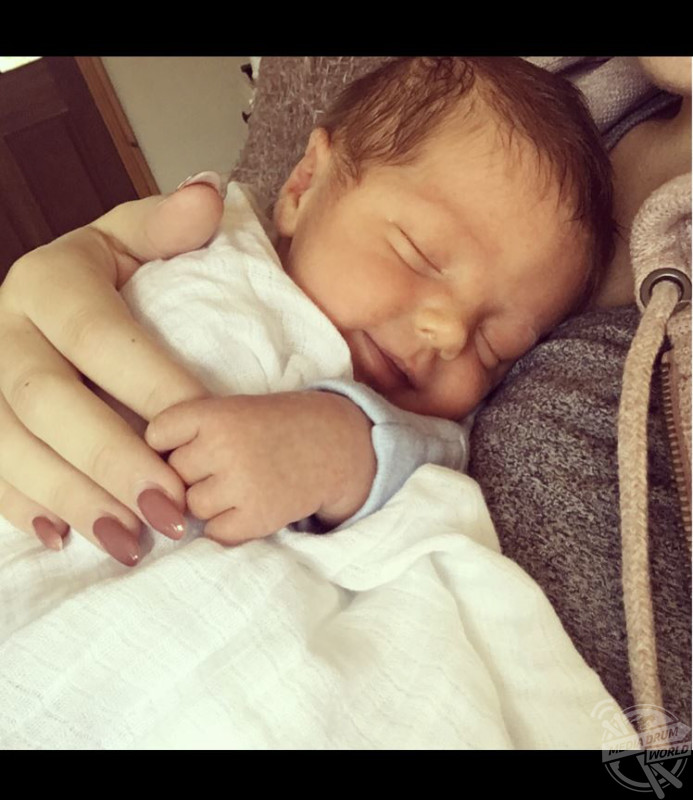
Fiona Walton / MDWfeatures
However, after having no luck conceiving naturally for three years, the couple decided to try getting pregnant through IVF. In early 2016, they welcomed a little boy, Charlie.
However, a year later, they began to notice he had some developmental delays and he was taken to hospital in October 2017, where medical professionals tried to explore what was going on and carried out tests.
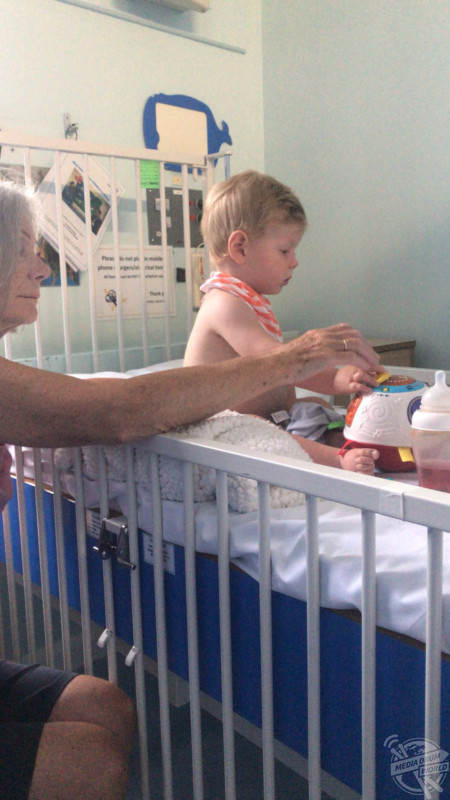
Fiona Walton / MDWfeatures
In January 2018, Charlie was diagnosed with MECP2 Duplication Syndrome, a rare genetic disease characterised by severe intellectual disability and impaired motor function.
Only 200 individuals with the syndrome have been described in medical literature and it is estimated only 2,000, mostly males, suffer from this condition in the world, although some girls do suffer from the disease.
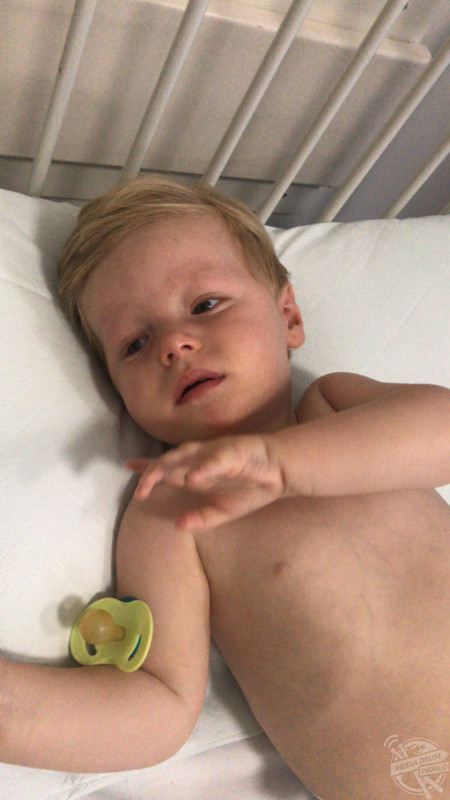
Fiona Walton / MDWfeatures
While researchers have been able to conclude a clear syndrome with characteristic symptoms, much about the disorder is not fully known.
The true prevalence of seizures by adulthood may increase. In some individuals, seizures may not respond to treatment and the onset and severity of seizures may link with neurological deterioration.

Fiona Walton / MDWfeatures
If the disease is not managed by treatment, this could lead to seizures or epileptic shocks, which Fiona and other charity workers have tried to avoid by raising money for research into treatment.
Just two weeks following his diagnosis, Fiona decided to raise awareness of Charlie’s condition by posting pictures of him on social media and in January, Fiona and her friend had an idea to do a fundraising event to raise money for the Reverse Rett charity.
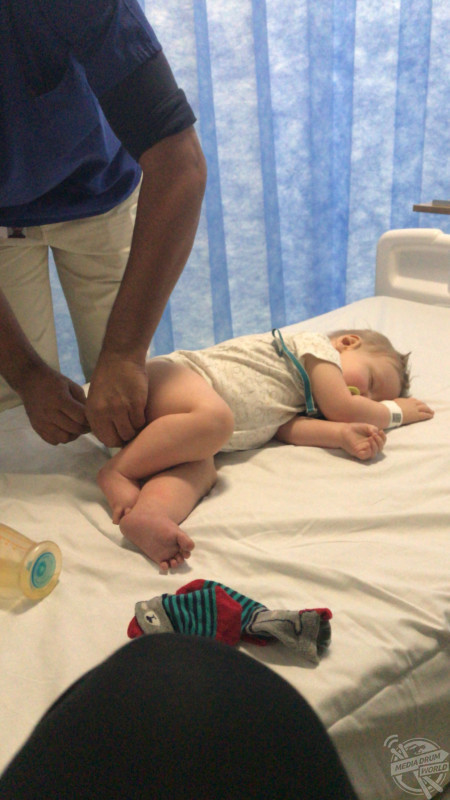
Fiona Walton / MDWfeatures
In July 2018, Fiona, her husband, and around 14 cyclists, cycled for over 300 miles from Carnoustie to Macclesfield over four days, raising over £20K.
“I was absolutely devastated, I was physically sick. Our world had crumbled around us, and we realised that all the dreams we had for our little boy had disappeared,” Fiona said.
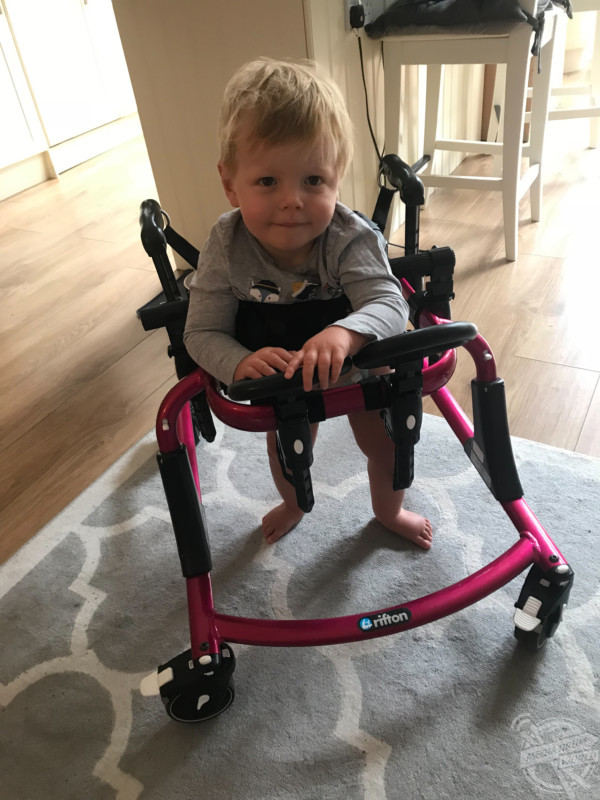
Fiona Walton / MDWfeatures
“I desperately wanted more information and as MECP2 is so incredibly rare and varied in its extreme, I struggled to find any solid medical information.
“I felt guilty, as normally the condition is passed down from the mother. However, after undergoing genetic testing myself, I discovered I am not a carrier of the condition, and it is just a freak event that Charlie has the condition.
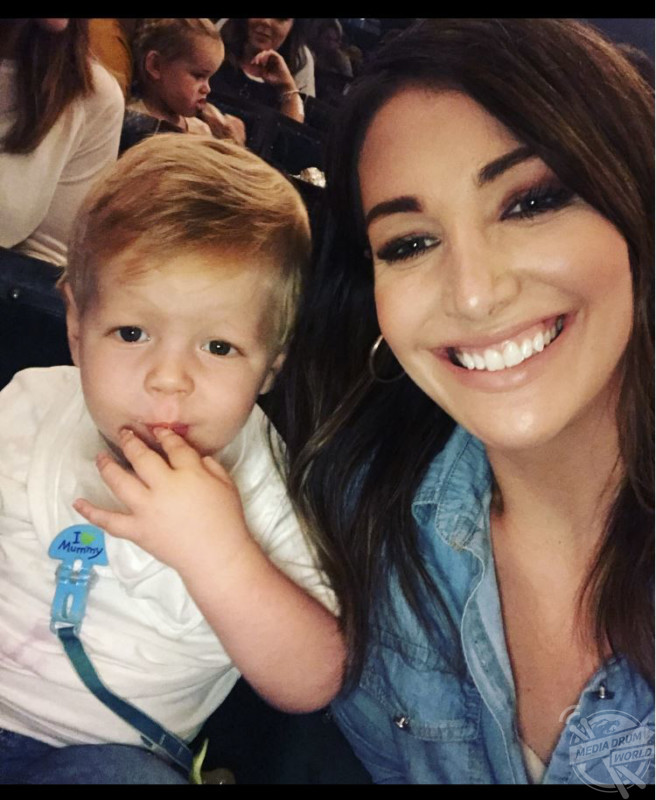
Fiona Walton / MDWfeatures
“A year or so after he was born, we started to notice that Charlie had some developmental delays and in October 2017, I asked medical professionals to explore further and carry out some tests.
“In January 2018, we were given the diagnosis that Charlie has MECP2 Duplication Syndrome.
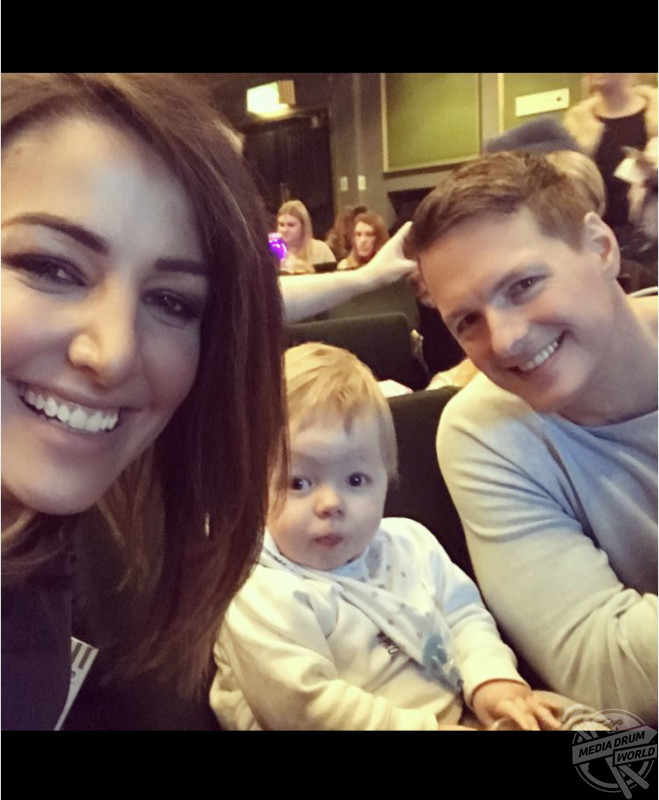
Fiona Walton / MDWfeatures
“There were a few issues when he was a new born – I had a very traumatic birth, and later discovered that he was born without a thyroid gland.
“This was picked up on his heel prick test and ended up in several trips to Alder Hey hospital just two weeks after he was born.
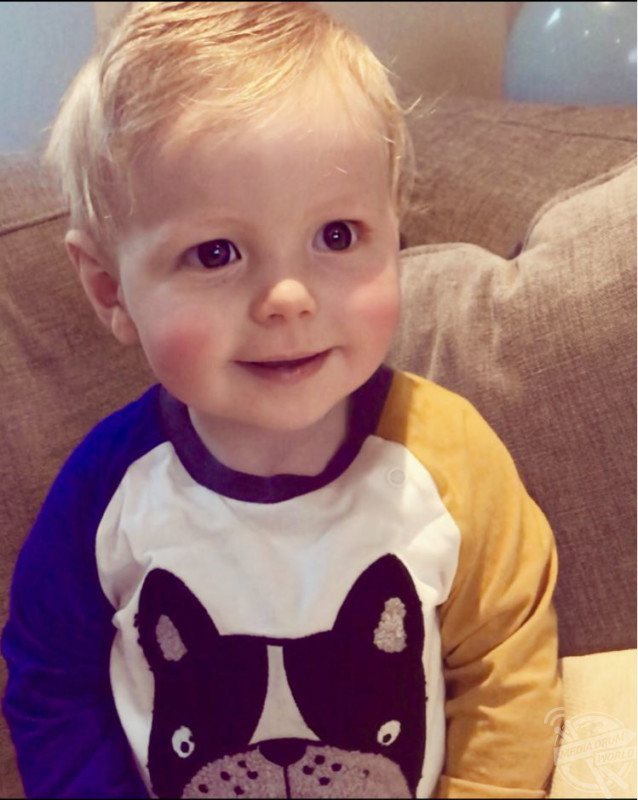
Fiona Walton / MDWfeatures
“Charlie was also born with a tongue tie meaning breast feeding was near impossible. I managed to breast feed for twelve weeks but then I had to switch to formula.
“Charlie was a beautiful baby, we had no idea there was anything wrong for months. His development is severely delayed.
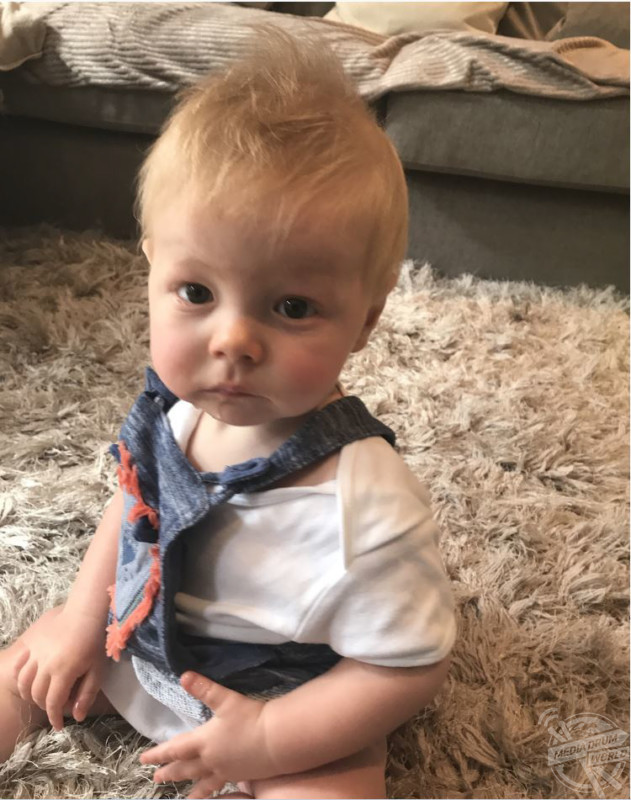
Fiona Walton / MDWfeatures
“At one-year-old he was assessed to be more like a six-month-old, and now he’s approaching two and is still more than a year behind.
“I just had a gut feeling – a mother’s instinct if you like – that something wasn’t right. I had a suspicion that he perhaps had some form of autism, as a lot of the symptoms are very similar.”

Fiona Walton / MDWfeatures
MECP2 DS is a very rare and progressive neurological disorder that mostly affects males, as it is caused by a duplication of the MECP2 gene of the X chromosome. It is caused by a genetic abnormality where a portion of the X chromosome appears two times on one of the X chromosomes instead of once.
Symptoms of the condition include non-verbal communication, global developmental delay, intellectual impairment, autistic traits, recurrent life-threatening respiratory infections and epileptic seizures.
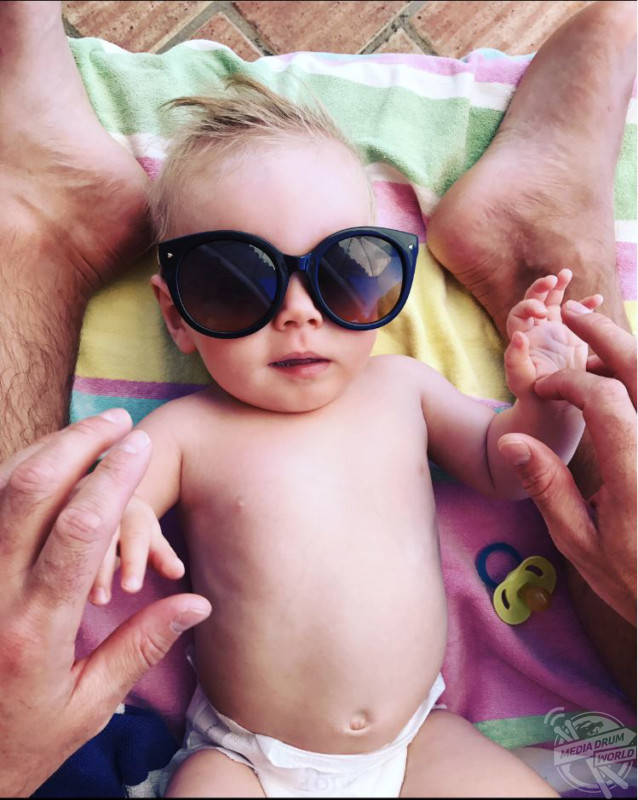
Fiona Walton / MDWfeatures
Two weeks after Charlie’s diagnosis, Fiona and her husband decided to post pictures of their son on social media to break the news to their family and friends.
“As well as it being important to raise awareness, I had expressed my concerns about Charlie’s development over the past few months to friends and family who I know would want to know about the results,” she said.
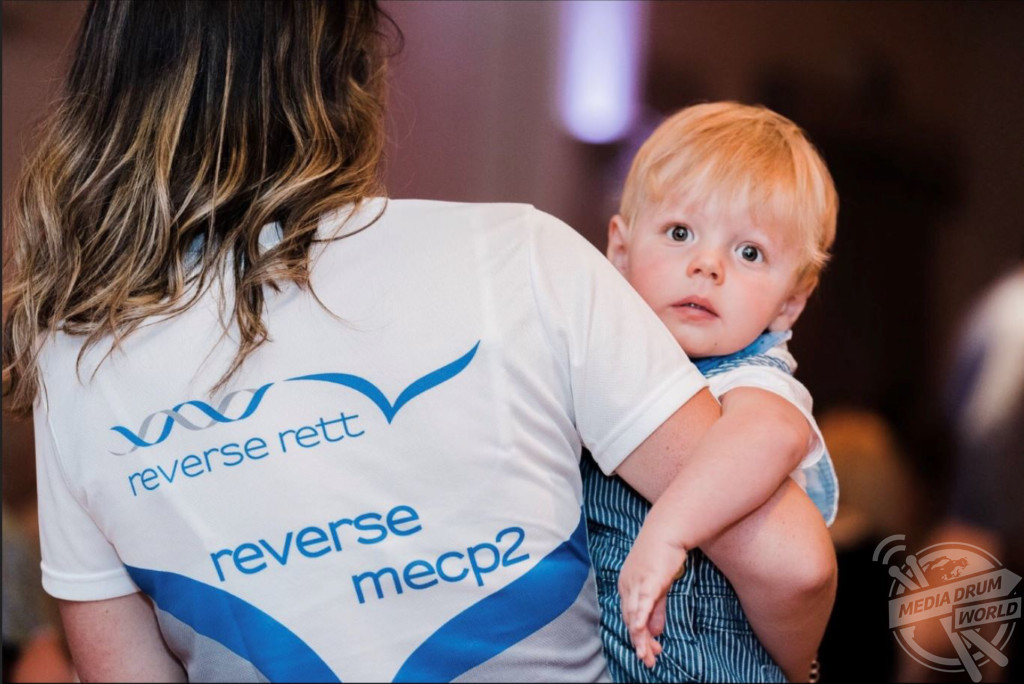
Fiona Walton / MDWfeatures
“It was incredibly raw for us and I couldn’t face telling everyone individually. I felt this was a way for me to let them know without breaking down in front of them.
“From there it just spread and now over five-hundred people from all over the world follow Charlie’s story. People are very intrigued about the condition, as they (like us) had never heard of it before.
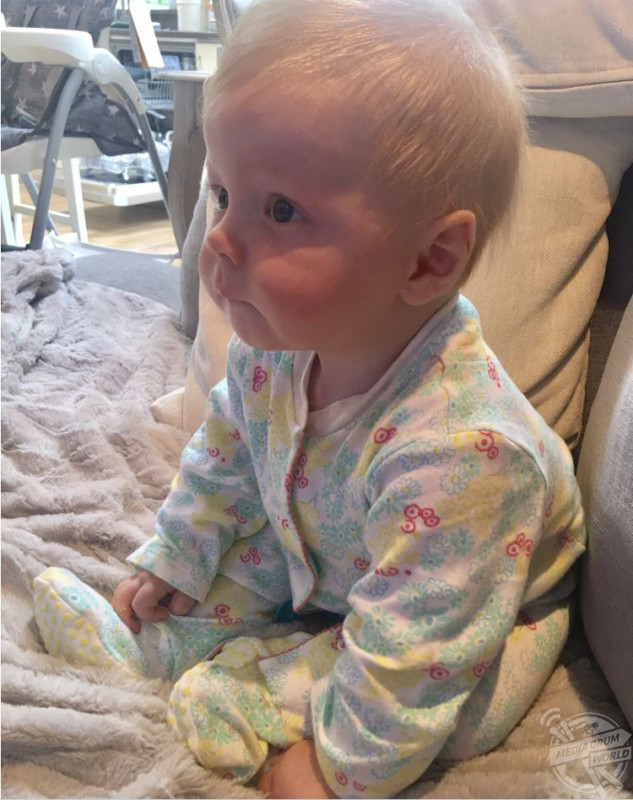
Fiona Walton / MDWfeatures
“The toughest part by far is seeing other people’s children who are the same age as Charlie. I don’t go out much, especially to group play dates etc.
“I just go for days out with my husband, where I have no one to compare Charlie to. Life has become very lonely since Charlie’s diagnosis, but this is a demon I will have to conquer myself in my own time.
“The main comments I get is ‘but he looks so normal’. This kind of comment hurts; by saying this they are insinuating that because of MECP2 DS, Charlie is now not normal.
“For us this is the norm, we don’t know any different. I also find myself lying about Charlie’s age, shaving six-months off his actual age – just so that people don’t start asking questions.
“It is the not knowing that is the worst. You almost want to be told a definite prognosis. At least you can prepare yourself for it.
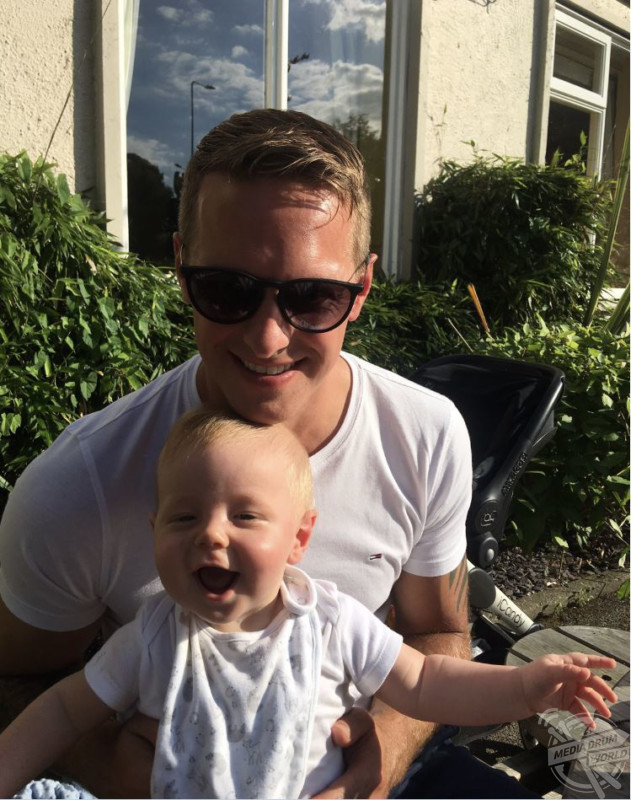
Fiona Walton / MDWfeatures
“Charlie could live into his thirties or could be taken from us next week. The thought of having to attend your own child’s funeral is horrifying.
“It isn’t really the MECP2 gene duplication that our children can succumb to, it’s the complications that are caused by it. So, it’s a simple cold that develops in to deadly chest infection and then pneumonia etc.
“Charlie was in hospital for five days in July with a serious lung infection that started from a common cold and cough. Some children have died as babies, others can live in their 30s.”
Fiona explains her future concerns and what she has tried to do to cope with it.
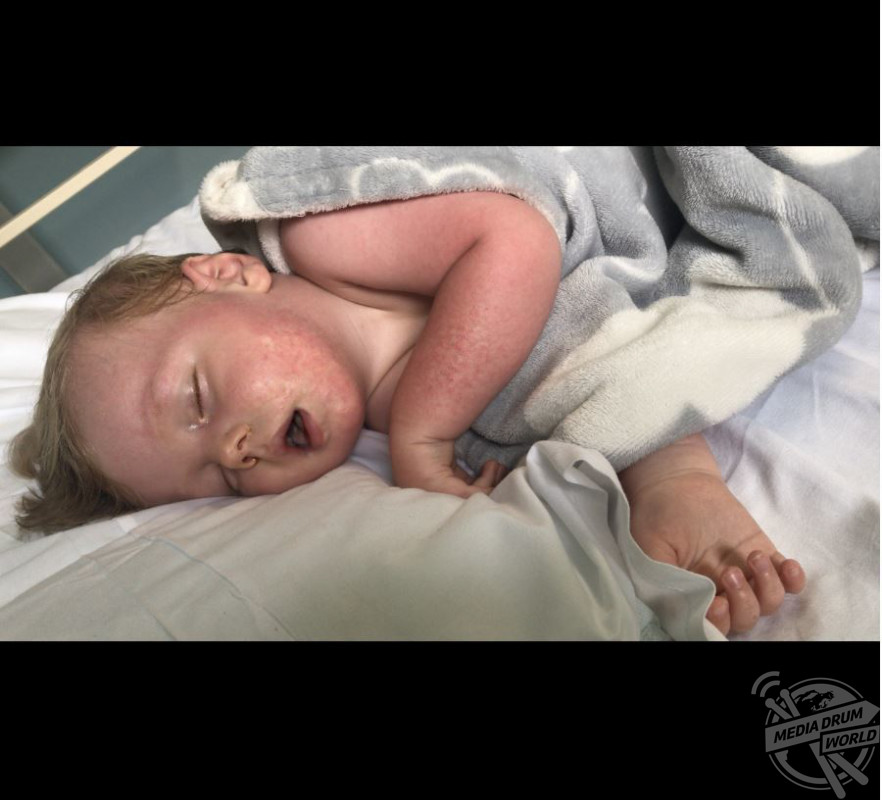
Fiona Walton / MDWfeatures
“At the moment Charlie still fits in a buggy, and all other ‘regular’ equipment that any unaffected child would need,” she said.
“If he makes funny noises right now people think it’s cute and smile. People don’t smile at a teenager making the same noises, they stare.
“I don’t want people to stare at my boy. He won’t be able to tell me if he’s feeling upset or in pain. This is a massive worry for me.
“I worry that he won’t experience the same things in life that most boys or men do. Will he ever kick a football, take part in a sports day, share a joke, go on a date or get married?
“At the moment he is completely oblivious that anything is wrong, and I would like it to remain that way.
“A team of around cyclists – including my husband and both of my brothers – cycled from Carnoustie to Macclesfield over four days.
“The charity is called Reverse Rett. It is based in Manchester and sends one-hundred percent of donations to the research currently being done in Texas to find a cure for both Rett Syndrome & MECP2 DS.
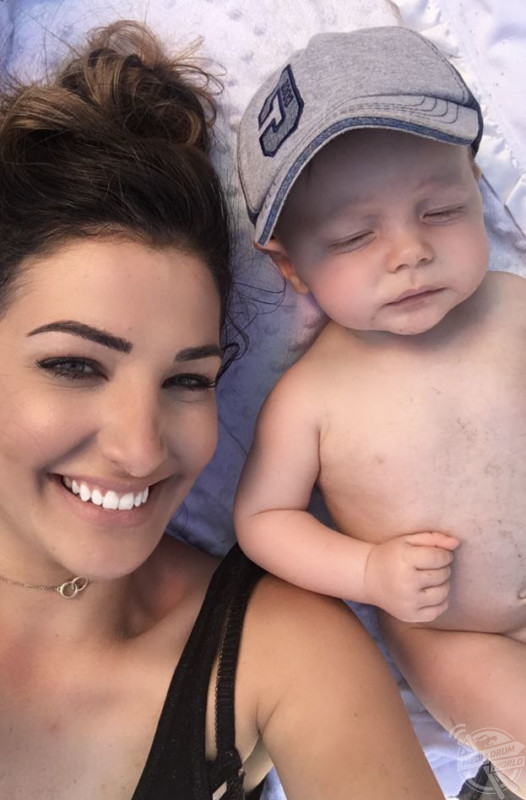
Fiona Walton / MDWfeatures
“Since then we have been trying to spread as much awareness as possible about this heart-breaking condition. We have raised over £20K so far towards vital research into a cure.
“The treatment has been successful in testing on mice; not only in restoring the MECP2 protein levels but also reversed any of the symptoms.
“I won’t stop with all Charlie’s therapies and pushing him to defy the odds. We were told he probably wouldn’t crawl, but he started crawling a month ago.
“Today he got his walking frame – I am positive he will be walking in the next year. You have to try and stay positive.
“I know that’s really hard, but if you’re not positive then the affect will rub off on your little one. Try and be thankful that you have a diagnosis.”

